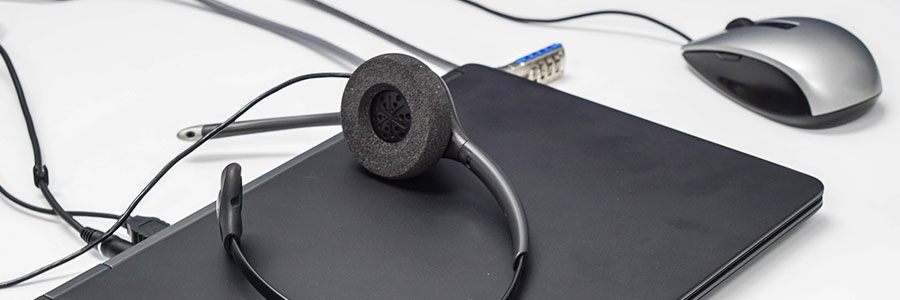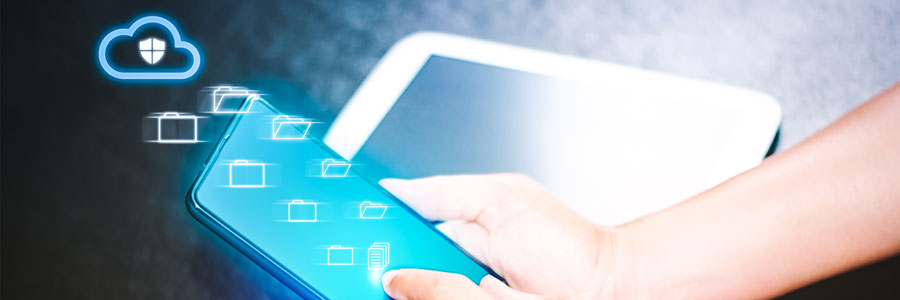Hurricanes are a common occurrence in many parts of the United States. Not only do they destroy property and endanger lives, but they can also disrupt your business’s operations. In this blog, we offer tips on how you can ensure fast access to your data following a disaster and immediately get back to business.
7 Steps to making your data hurricane-proof
Is your business continuity plan doomed to fail?
Steps to having ever-reliable VoIP service

Voice over Internet Protocol (VoIP) telephony systems are great for today’s businesses. They are more mobile, have greater functionality, and cost less than traditional landline phones. But as with any technology, VoIP is vulnerable to disruptions due to equipment failure, disasters, and cyberattacks.
3 Disaster recovery myths, debunked
Analytics are critical for effective data backups

Collecting data is vital for keeping records, tracking performance, and delighting customers. With so much on the line, it’s never been more important to have backups of all your files. If your data is growing at a rate that’s hard to keep up with, analytics tools are an awesome way to figure out which backups matter most and how to prioritize them.
Is virtualization right for your company?
Is your business prepared for hurricanes?
Cloud security: Everything you need to know
Include VoIP phones in your recovery plan

Businesses that focus heavily on sales and customer service need a reliable, efficient, and effective telecommunications system. If their services break down even for just a day, the losses will be significant, which is why a well-crafted disaster recovery plan should include protecting the company’s Voice over Internet Protocol (VoIP) telephony system.







